A one-day workshop
It is important for Officers to understand the roles and responsibilities, processes and procedures involved when working with Elected Members. They also need to appreciate the significance of Elected Members as the decision-makers in local government.
Officers have a responsibility to work and communicate with Elected Members effectively. This very successful course is designed to help Officers with this.
- Understand the roles, responsibilities, processes and procedures in place for working with Elected Members
- Be able to identify the best way to approach potentially sensitive issues
- Understand the skills and behaviours required for working effectively with Members
- Be able to deploy their influencing skills more successfully
- Review their learning and have an action plan to take back and implement at work
Expert trainer
Amanda is a highly experienced coach and facilitator specialising in providing leadership coaching, management development programmes and facilitation services to the public sector. Her work in the public sector, in particular, has so far extended to facilitation sessions, focus groups, team development, personal effectiveness skills training, customer service training, performance management and appraisal skills training, and specialist leadership and management programmes.
Session outline
1. Introduction
- Welcome and introductions
- Objectives and programme overview
2. Working in a political environment
- What is political awareness?
- Contact and experience with Members
- Importance of the role of Members
3. Why be an Elected Member?
- Perceptions of what Elected Members are and do
- Values of Members and their motivations for doing what they do
4. Political decision-making in local government
- Current challenges and drivers affecting the organisation / the council
- Roles and responsibilities of Officers and Members
- Centrality of Members’ strategic role
5. (Option) A day in the life of an Elected Member
- An Elected Member gives a talk about what they do
6. Having a beneficial relationship between Officers and Members
7. Member / Officer communication
- Discussion of the formal processes, service procedures, etc (whether enshrined in a protocol, Memorandum of Understanding, etc)
- Response times and requirements
- Procedures required by Heads of Service [if appropriate]
8. Influencing styles and strategies
- Different forms of power and how they impact
- Developing an appropriate ‘influencing style’
- Exploring strategies for improving communication and influencing at work
9. Review and evaluation
- Review and evaluation of learning
- Personal action plans









